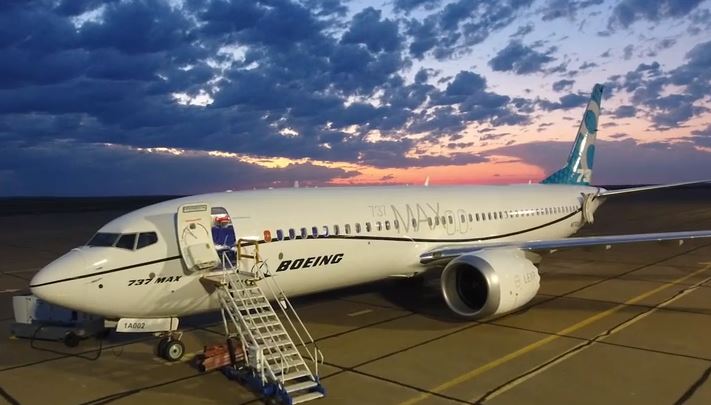
Update, November 22, 2018: The general thrust of this article is that you should look carefully at the safety record of the airline you intend to fly with. This New York Times story suggests that Lion Air has grown too quickly and without instilling a safety culture among its workforce. It also raises questions about the Indonesian air safety authorities.
Update, November 2, 2018: As I mention below, Indonesia has an air-safety problem. Read more about it here. The headline of this article has also be changed, and a footnote added.
As I write this, more details are coming in about the crash of a Lion Air Boeing 737 MAX 8 aircraft shortly after take-off from Jakarta.
Naturally, my sympathies are with the families and friends of those who died in this tragedy. I am also hoping for, and expecting, a thorough investigation of the incident by the airline, the aircraft manufacturers and the responsible authorities.
As has been noted elsewhere that Indonesia, a nation of many islands that are linked by air routes, does not have an especially good safety record. That is something for the Indonesians to sort out as a matter of urgency. In the meantime, people who fly in, out and around that country should be more cautious about their choice of airline, aircraft and route than might otherwise be the case.
But, as Swinburne University’s Dr Peter Bruce says, future passengers should not be unduly worried if they find themselves flying in a similar plane to the one that crashed.
See also: How 'incidents' improve air safety
“If it’s a technical problem, then it’s more likely to be an anomaly with that particular airline, so there is no need to be alarmed or concerned at this stage,” he told the New Daily, in a story that — wrongly, to my mind — concentrated on the fact that Virgin Australia has 30 of the Boeing 737 MAX aircraft on order.
If everybody is doing their job properly, any problem with the aircraft — if indeed there is a problem — will be sorted out well before Virgin takes delivery of any of its planes.
The airline industry, and the airlines, have a vested interest in safety. Getting you where you want to go safely is what they are all about.

If you have concerns about flying, check the air-safety record of the airline and its home base. Pay more, or make other plans, if you are not comfortable.
Although Lion Air’s unfortunate slogan is “We make people fly”, nobody is compelling you to get on a plane if you are not entirely happy to do so.
When planes crash, a lot of people perish at the same time, and the incident grabs the headlines. But there are much, much more dangerous ways to travel that I’m sure you don’t even think twice about.
You are far, far safer in a plane than in a car or a bus. Why? Because commercial aircraft licences are harder to obtain than drivers’s licences, the space in which they travel is far better controlled than the roads, and the planes themselves are more rigorously built and maintained than most cars.
Footnote: This Wikipedia entry on Lion Air’s safety record is worth reading.

Yeah… I’m not flying Malaysian ever again, but not because of crashes, just because they are rude to single Parents travelling with young children… Guess what?! Those kids are adults now, and they remember. As do I!…
Always Singapore Airlines for this little black duck…